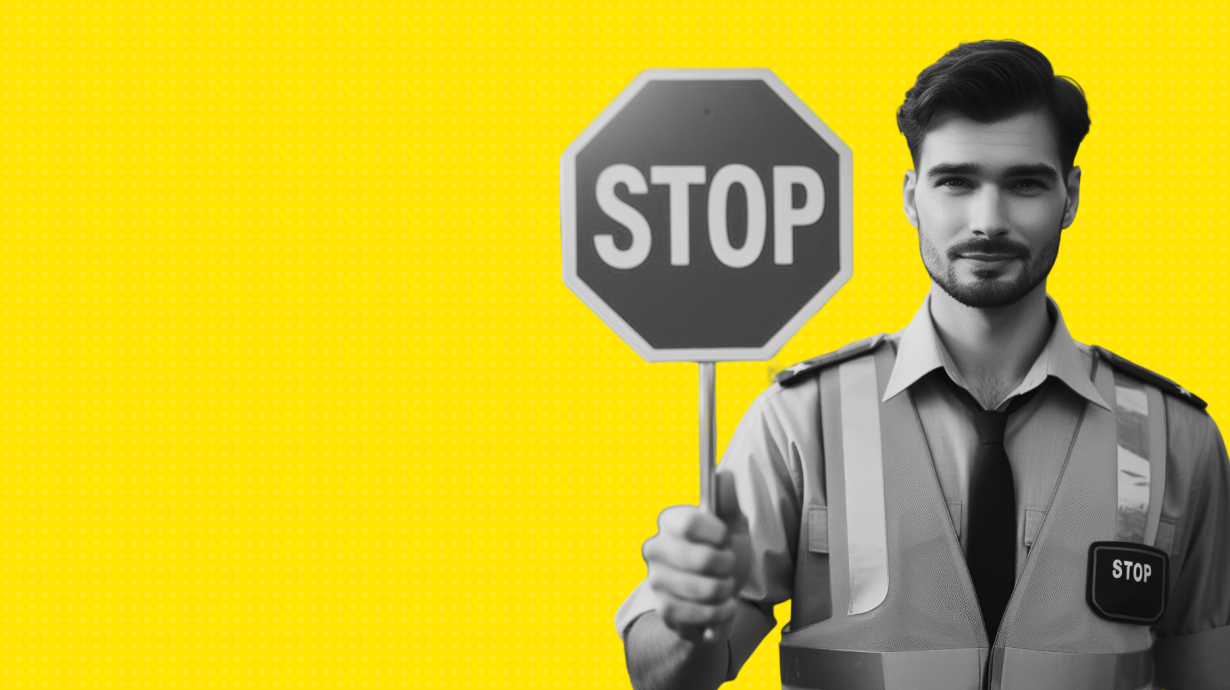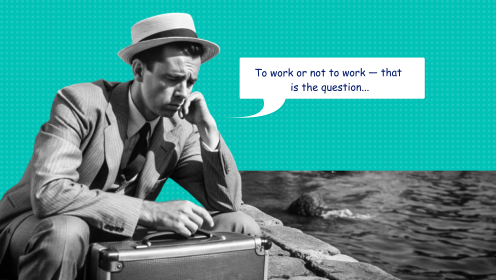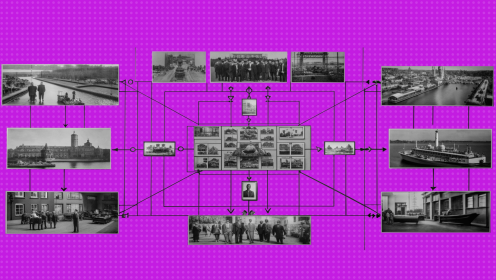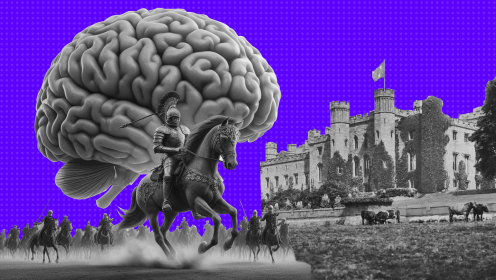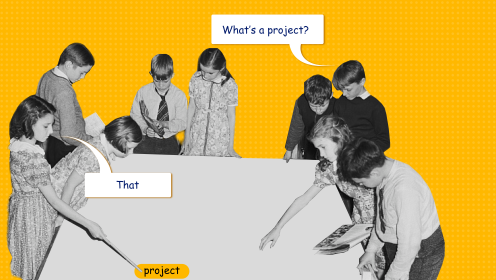Everyone has experienced burnout symptoms at least once: fatigue, irritability, problems with concentration, apathy, etc., but if they were lucky, they avoided falling for it. And everything is bad about it: many victims of emotional burnout not only lose productivity, but also show suicidal tendencies.
The first talk about burnout was in the seventies of the last century, but it seems that these conversations stopped everything. Officially, at least. Emotional burnout is still not considered a disease, in the ICD falls under the concept of "fatigue", and doctors can even make an abstract diagnosis of "depression". But the problem with burnout is global, and those same fatigue and depression are just symptoms.
Who is prone to burnout
Representatives of most modern professions can burn out, regardless of how stable and emotionally stable a person is. Emotional burnout can overtake everyone.
- teachers;
- medical professionals (especially many burn out now — during the COVID-19 pandemic);
- personnel of banking institutions and financial organizations;
- IT employees;
- law enforcement officers;
- retail professionals, etc.
Most often, the syndrome is observed in specialists whose work is directly related to communication: with other people, company employees, subordinates, etc.
What makes people burn out
To simplify it, you can burn out because of stressful and stressful work, when you get more negative emotions from your activities than positive ones. The reasons can be both in the work (external) and in you (internal). For example:
| External cause | Internal reason |
|---|---|
| abnormal workload | perfectionism |
| conflicts in the team | habit of working hard |
| toxic atmosphere | the desire to prove something to someone |
| not actually liking the job | fear of letting someone down |
How to recognize burnout
Because of a frivolous attitude to yourself, many people confuse burnout with overwork. In the case of the latter, it will help you relax for a couple of days, get some sleep, work out hobbies, and most importantly-abstract from everyday matters: business, work, and study. But with emotional burnout, everything is more difficult - over time, if you do not take any action, the syndrome can only get worse.
The sooner you can diagnose the problem and recognize the signs and symptoms of emotional burnout, the more likely you are to get rid of the syndrome quickly. I've divided the signs into three groups to make it easier to understand:
-
—
Chronic fatigue, physical and mental exhaustion:
- —in the morning you start spending more time collecting and preparing for the working day;
- —you go to bed early and still wake up tired;
- —you are constantly afraid of something and worry about tomorrow;
- —small everyday tasks take up more energy than before.
-
—
Detachment, cynicism, aggression:
- —trying to get out of the workplace as quickly as possible;
- —the feeling that you don't have any prospects and achievements (in work, personal life, study) does not leave you);
- —you quickly lose patience with colleagues, family members, and friends who make even minor mistakes.
-
—
Constant feeling of inefficiency at work:
- —productivity decreases;
- —you don't seem to be doing anything in the workplace;
- —there is a feeling that all efforts are doomed to failure.
If you notice any of these signs, I advise you to contact a specialist as soon as possible to prevent the development of the syndrome.
How to prevent burnout
If you catch yourself at the earliest stage, and the burnout hasn't started yet, it's pretty simple:
- Don't overestimate the significance of events. Especially at work. This will help to avoid unnecessary unrest.
- Set aside at least one day a week when you will only do what you like.
- Spend more time with your friends and family.
This way you can avoid serious psychological problems and remain effective.
How to stop burnout
I may get scolded by all sorts of personal growth experts here, but first of all, realize that you are not a superhero who can do anything. Your day is limited to 24 hours, and you are not all-powerful - you have your own set of possibilities. If there are no illusions about this (well done!), here are some more tips that will help you stop burnout:
- Sleep enough. Try to normalize the day's schedule. Go to bed and Wake up at the same time. Set aside 7-8 hours for sleep.
- Take breaks and pauses in your work. Try to distract yourself from the project/task implementation at least once every few hours. You can set aside 15 minutes for a walk near your office or home.
- Change your activities. Alternate work with everyday tasks or sports. Running or going to the gym, for example, at lunch will increase your productivity and improve your emotional state.
- Rest. On weekends or non-working days, completely abstract from work/business or study.
- Get a charge of positive emotions. Try to visit cinemas, theaters, water parks and other entertainment places that you liked/like.
And be sure to see a doctor. Articles on the Internet (even useful ones like this one) are great, of course, but they can't be compared with the help of a real expert.
Don't burn out!








